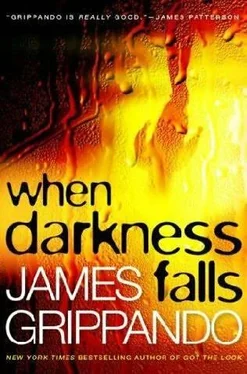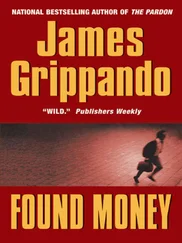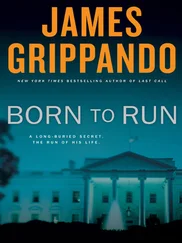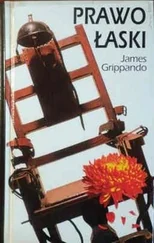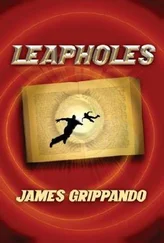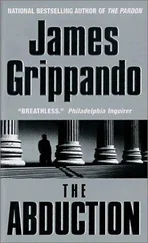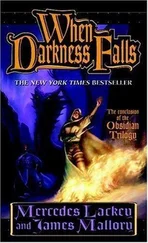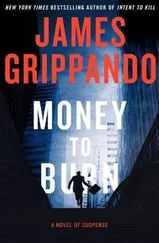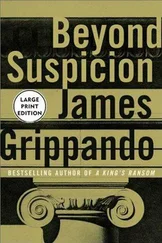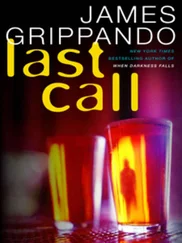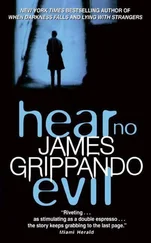They entered the van through the side door. Chavez directed Vince to one of the captain’s chairs, took the other one for himself, and slid the door shut. “We’re all here, Chief,” Chavez said into the speakerphone.
“Good,” said Renfro, her voice resonating over the speaker.
“You want another update already?” said Vince.
“Not unless something’s changed in the last five minutes.”
“No change.”
“Good,” said the chief. “Chavez and I were just talking, and we have both reached the very same and firm conclusion. I know you won’t like this, but it’s time to start angling for a kill shot.”
“What?”
“We’re going to take him out,” said Chavez, as if translating.
“But he just admitted that he has no bomb,” said Vince.
The chief said, “We don’t give that any credence. Falcon clearly knew there was a listening device hidden in the bag when he said there was no bomb.”
“I don’t think he was trying to trick us.”
“Doesn’t matter,” said Chavez. “The message from Theo Knight was loud and clear. There’s someone inside the bathroom who’s hurt and needs a doctor.”
“I agree,” said Vince. “I was just working out my next phone call in my head. Let me see if I can talk Falcon into letting her go to the hospital.”
“That’s ridiculous,” said Chavez.
“Let him talk,” the chief said. “Paulo, how do you propose to get the injured hostage out of there?”
“We can roll a gurney up to the door, just like we did with the food in the wagon.”
Chavez scoffed. “Falcon won’t trust that. We planted an eavesdropping device in the food bag. He’ll probably think a gurney rolling into the hotel room is a Trojan horse loaded with specially trained, three-foot-tall SWAT members.”
Vince said, “Maybe he’ll let a doctor come in and see her.”
“Maybe he’ll hold the doctor hostage, too. Chief, you and I have been over this already, and time is a-wasting. That girl could be dying in there for all we know.”
There was silence, then the chief said, “That’s where I keep coming out on this, Paulo. I can’t let you keep talking indefinitely, knowing that there’s a hostage in need of medical attention.”
“So we’re going in, right?” said Chavez. “That’s the plan.”
“That’s not a plan,” said Vince. “Not unless you want dead hostages on your hands.”
“Paulo’s right,” said the chief. “I want to try a sniper shot before we break any doors down. Maybe we can get him to open the door or come to the window. Paulo, I need you to help us set it up.”
Suddenly, it was as if all the questions were answered, as if the real reason for his involvement were being trumpeted from the hilltops. Vincent Paulo wasn’t there to negotiate for the release of hostages. His highly conceived role was to facilitate and assist in Falcon’s execution. And he had the sinking feeling that this had been the foolish blind man’s role from the beginning.
“All right, Chief. Let me see what I can come up with.”
J ack was standing by the Dumpster behind the restaurant, ready to make a follow-up phone call to his father. He’d punched out six numbers when a uniformed officer interrupted.
“There’s someone at the barricade who insists on seeing you,” she said.
It was one of those eerie doo-doo, doo-doo moments, as Jack got the impression that his father had shown up just as he was about to place the call. “Who is it?”
“Says she’s your abuela. I told her you were kind of busy. But she’s, to put it mildly, persistent. Kind of a crazy old lady. No offense. My abuela’s crazy too.”
Not like mine, thought Jack. He put his phone away. First things first, and Abuela never came second. “All right. Lead on.”
Abuela, of course, was Jack’s maternal grandmother, his chief source of information about the mother he had never known. Jack’s mother died while he was still in the hospital nursery. His father remarried before Jack was out of diapers. Jack’s stepmother was a good woman with a weakness for gin martinis and an irrational hatred for Harry’s first love and, by extension, all things Cuban. As a result, Jack was a half-Cuban boy raised in a completely Anglo home with virtually no link to Cuban culture-a handicap that his abuela was determined to rectify. The results were mixed, at best.
“Jack Swyteck, ven aca.” Come here.
She was standing behind the striped barricade with arms folded across her bosom, a disapproving scowl on her face. Jack remained on the other side of the barricade. This was not going to be pretty, and some official separation from her wrath couldn’t hurt.
He leaned closer, kissed her forehead, and said, “What did I do now?”
Her love for talk radio had improved her ear for English (Dr. Laura was her favorite), but when speaking, she often stuck to the present tense. “Your father calls to tell me what you are doing.”
“I asked him to,” said Jack.
“Then I turn on television news and hear your name. Is this how I should find out what you are doing?”
“I’m sorry. I’ve been very busy.”
“Too busy to pick up the phone and tell me you are okay?”
“Abuela, I’m negotiating for the release of hostages.”
“On an empty stomach, I am sure.”
“I really haven’t been that hungry.”
“So you eat nothing?”
Jack suddenly felt like a five-year-old. “I had half of a coconut pastelito.”
“Hmm. Por lo menos, lo que comiste fue algo Cubano.” At least what you ate was something Cuban.
There was a picnic basket at her feet, and Jack could suddenly smell the food. She picked it up and said, “I bring you this.”
Jack took it, and all he could do was smile. “Gracias.”
“Share with your friends.”
“I will.”
A look of genuine concern came over her. “How is Theo?”
Jack tried to be positive. “You know Theo. He’ll be all right.”
She nodded, then returned the conversation to a lighter subject, as if sensing that Jack needed the diversion. She pulled back the redand-white checkered cloth covering the basket. “There are four Cuban sandwiches, still hot from the press, the way you like. The papas fritas are deliciosa with the green-olive-and-garlic mojo. For dessert, there is tres leches, which you know is my own invention.”
Jack smiled. It had been a while since Abuela had made herself the laughingstock of Spanish-language talk radio by phoning in and claiming to have invented tres leches, the Nicaraguan specialty. But who was Jack to take sides? “It’s your legacy,” he said.
She leaned forward and kissed him on the cheek. “No, you are.” Then she looked at him sternly and said, “Do not be stupid.”
“I won’t.”
“Good. Try this,” she said, handing him something sweet.
Jack took a bite, and it was delicious. “I love Torinos.”
“Aye, mi vida,” she said with a roll of her eyes. “Turones.”
“Sorry.” You could say that Jack had a mental block about that word. Then again, you could say the same thing about Jack and roughly two-thirds of the entire Spanish language. But his idiomatic bumbling did bring a pertinent thought to mind.
“Abuela, tell me something. Did anyone back in Cuba ever refer to homeless people as los Desaparecidos? The Disappeared?”
“Why do you ask that?”
“Because Falcon is homeless, and he has used the term several times in our discussions. We’re trying to figure out what it means. I thought it might be some kind of Cuban slang for homeless people.”
“Not that I’ve ever heard of. But you know that man is not Cuban, no?”
“Actually, he is. I saw his file when I was his lawyer. He came here from Cuba in the early eighties.”
Читать дальше
